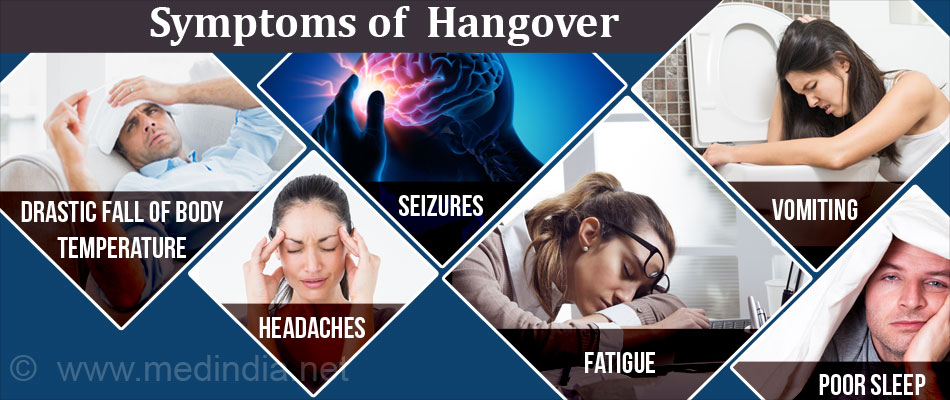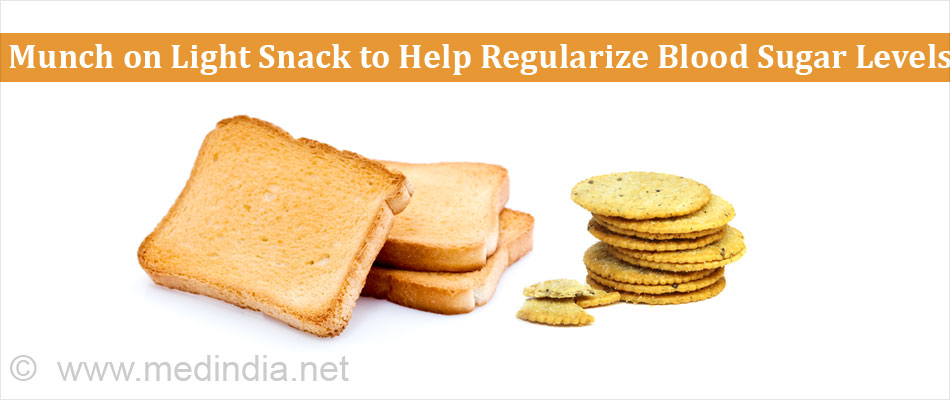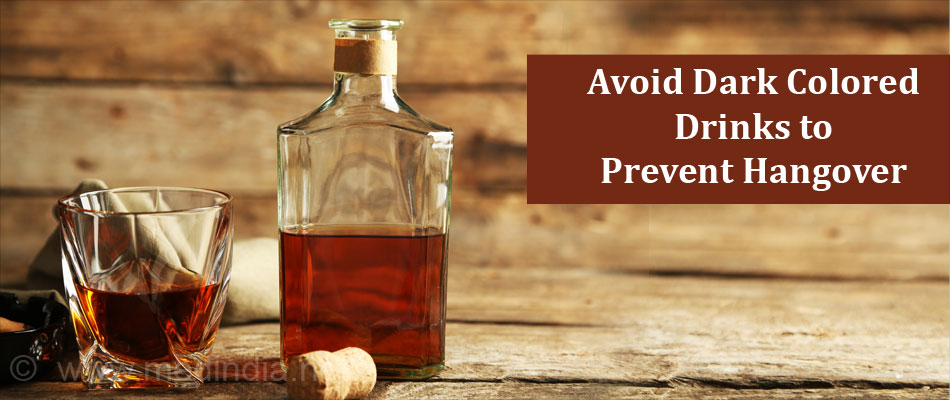- Verster JC, van Duin D, Volkerts ER, Schreuder AH, Verbaten MN. Alcohol hangover effects on memory functioning and vigilance performance after an evening of binge drinking. Neuropsychopharmacology. 2003;28:740-746.
- Poikolainen K, Leppanen K, Vuori E. Alcohol sales and fatal alcohol poisonings: a time-series analysis. Addiction. 2002;97:1037-1040.
- Kaivola S, Parantainen J, Osterman T, Timonen H. Hangover headache and prostaglandins: prophylactic treatment with tolfenamic acid. Cephalgia. 1983;3:31-36.
- Laas I. A double-blind placebo-controlled study on the effects of Morning Fit on hangover symptoms after a high level of alcohol consumption in healthy volunteers. J Clin Res. 1999;2:9-15.
- Wiese J, McPherson S, Odden MC, Shlipak MG. Effect of Opuntia ficus indica on symptoms of the alcohol hangover. Arch Intern Med. 2004;164:1334-1340.
What is a Hangover?
Hangover is a non medical term consisting of a collection of physical symptoms post a heavy bout of alcohol consumption. These include typically a headache, uneasy feeling, feeling dizzy, sleepy, drowsy, confused and thirsty. Hangovers can occur at any time of the day, however it is more common in the morning after a night of excessive drinking. In addition to physical symptoms, the person who has a hangover, may also experience an increase in anxiety, some levels of embarrassment, regret and shame.

The intensity of a hangover is closely related to the amount of alcohol intake and the amount of sleep a person is able to get after drinking alcohol. The lesser the duration of sleep, the greater is the intensity of hangover symptoms. There is no safe limit of alcohol which can be consumed to prevent a hangover. Hangover occurrence depends upon a number of factors like how much sleep the person had, how tired the person was prior to drinking and how much water the individual drank during the drinking session.
Hangover, is a widespread health phenomenon affecting many individuals all over the globe, yet the exact mechanism of why this occurs still remains a mystery. Repeated episodes of hangovers due to alcoholism can affect the quality of life. There will be a tendency for the individual to become an alcoholic and treatment for alcohol abuse and dependence is widely available.
There is no medicine for hangovers other than alleviating symptoms of a hangover. Most hangovers subside within 24 hours. Responsible drinking can help avoid hangovers and the unnecessary symptoms associated with it.
What are the Causes of Hangover?
Hangovers are caused by excessive alcohol consumption. For some, a single alcoholic beverage can trigger headache while some drink heavily and yet escape a hangover. There are many factors which contribute to the causation of a hangover these include:
- Alcohol is a diuretic and causes the body to produce more urine. This can lead to dehydration which can be indicated by thirst, dizziness or light-headedness.
- Alcohol causes an inflammatory response by the immune system. This inflammatory reaction affects appetite, memory and sleep. It also causes dilation of blood vessels leading to a severe headache.
- Alcohol irritates the lining of the stomach increasing the production of stomach acids. This reduces the rate of stomach emptying which in turn can contribute to nausea, vomiting and pain in the stomach.
- Alcohol intake can also lead to low blood sugar as it adds stress on the liver, reducing the glucose production. Glucose is the fuel required for all cells, especially the brain cells.
- Indirect effects of alcohol are due to acetaldehyde which is formed when your liver metabolizes alcohol. Acetaldehyde acts like a drug making you sweat, flush and increasing your heart rate. Excess acetaldehyde accumulation can lead to vomiting.
- Alcohol can decrease your sleep and make you feel groggy and tired. This is another indirect effect of alcohol.
What are the Symptoms of Hangover?
Symptoms of a hangover typically begin the morning after the night a session of heavy drinking, when the level of blood alcohol is almost zero. Depending upon the quantity of alcohol you drink, you can experience any of the following symptoms:
- Fatigue or exhaustion
- Increased thirst
- Severe headaches
- Muscle aches and pains
- Nausea, vomiting and stomach ache
- Poor sleep
- Dizziness or sensation as if everything is spinning around
- Trembling
- Bloodshot eyes
- Increased salivation
- Inability to concentrate
- Mood disturbances such as anxiety, irritability and depression
- Rapid heartbeat
If any person shows the following signs and symptoms, they may have alcohol poisoning. This is a medical emergency requiring immediate treatment and care.

- Irregular breathing rhythm
- Breathing slows down
- Person goes into a daze
- Seizures
- Drastic fall of body temperature
- Person loses consciousness
- Skin becomes pale or bluish
- Vomiting continuously
How is a Hangover Diagnosed?
Alcohol is usually cleared within few hours from the blood circulation. Direct evidence to diagnose a hangover is the signs and symptoms of the person. However, indirect evidence can be gathered through a battery of blood tests, which demonstrate levels of liver enzymes in the blood. These tests are rarely recommended to diagnose a hangover.
How is a Hangover Treated?
There is no treatment for hangover. The only way to avoid a hangover would be to not drink at all or drink sensibly within recommended units.
The only treatment if you do have an alcohol hangover is to ease the symptoms and wait. There is no magic potion to cure a hangover, however there are a number of anti-hangover pills available over-the-counter that claim to do so. The efficiency of such pills is really not known.
A hangover has to run its course and the best therapy would be rest, lots of fluids and maybe painkillers, if absolutely necessary.
The following tips would be helpful to reduce the intensity of a hangover:
- Keep Hydrated - Sip on water or juice to prevent dehydration. Do not drink more alcohol to treat a hangover.
- Munch a Light Snack- Have bland snacks such as a toast or crackers. This helps to regularize your blood sugar as well as reduce the intensity of stomach ache.

- Painkillers- for a severe headache, you can take painkillers which are available over the counter. Aspirin is taken for a severe headache, though if you have an irritated stomach it is not advisable. Tylenol or acetaminophen are also given, but if taken regularly after every alcohol binge they can cause long-term liver damage. It is always advisable to consult your physician before taking any medication.
- A good night's sleep- the more you sleep, the faster the hangover goes away. Adequate rest helps you recover faster.
- Home remedies – Some popular home remedies for reducing the symptoms of a hangover include lemon juice or lemon tea, drinking ginger tea or munching on a piece of ginger, peppermint tea, tomato juice and a spoonful of honey.
How can you Prevent a Hangover?
The sure shot way to prevent a hangover is to not have alcohol. If you do have alcohol, limiting the quantities will help to reduce the occurrence of a hangover.
Eat First - An empty stomach causes faster absorption of alcohol. It is better to eat some food before drinking. Include foods high on carbohydrates and fats to reduce alcohol absorption and effect of hangover.
Space your Drinks - Limit yourself to just one drink per hour. This helps to space out the amount of alcohol taken.
Choose your Drink Wisely- Avoid drink dark colored drinks as they contain natural chemicals called congeners. These can irritate blood vessels and aggravate a hangover.

No fizzy or Carbonated Drinks in between Alcohol-Carbonated drinks speed up the absorption of alcohol.
Drink Water - Drink plenty of water before going to sleep and keep a glass of water at the bedside for sipping.
Health Tips
- Try matching one glass of alcohol with one glass of water to avoid dehydration.
- Alternate alcoholic and non alcoholic beverages.
- Before you start drinking have a good meal of carbohydrates.
- Skip the whiskey for a white wine or vodka.
- Expensive alcoholic beverages are distilled more and so contain less congeners.
- If you have enjoyed a night of drinking, supplement your body with multivitamins as alcohol depletes body’s vitamins.
- When you get dehydrated correct electrolyte imbalance by taking potassium rich foods such as banana and spinach.







